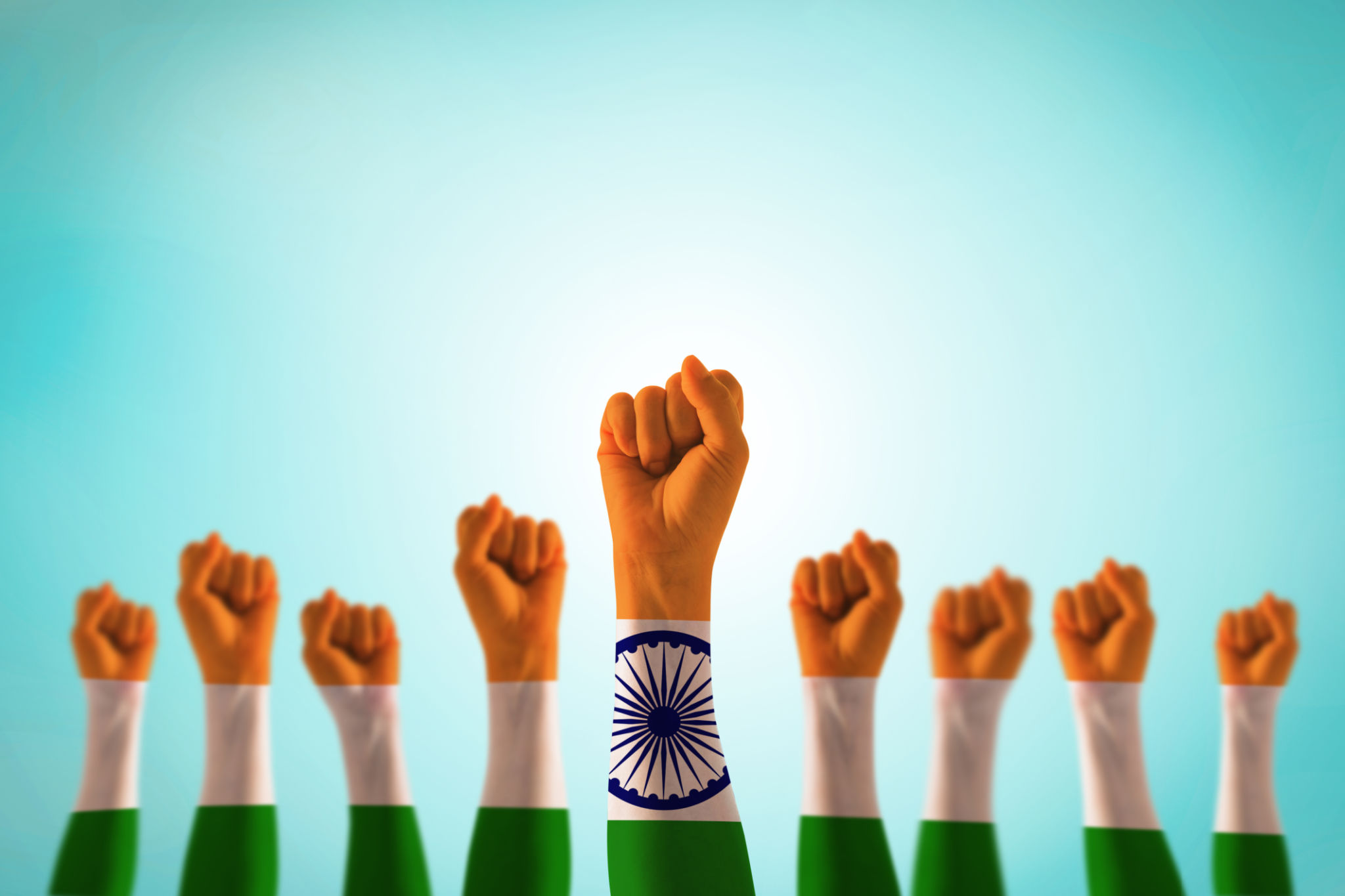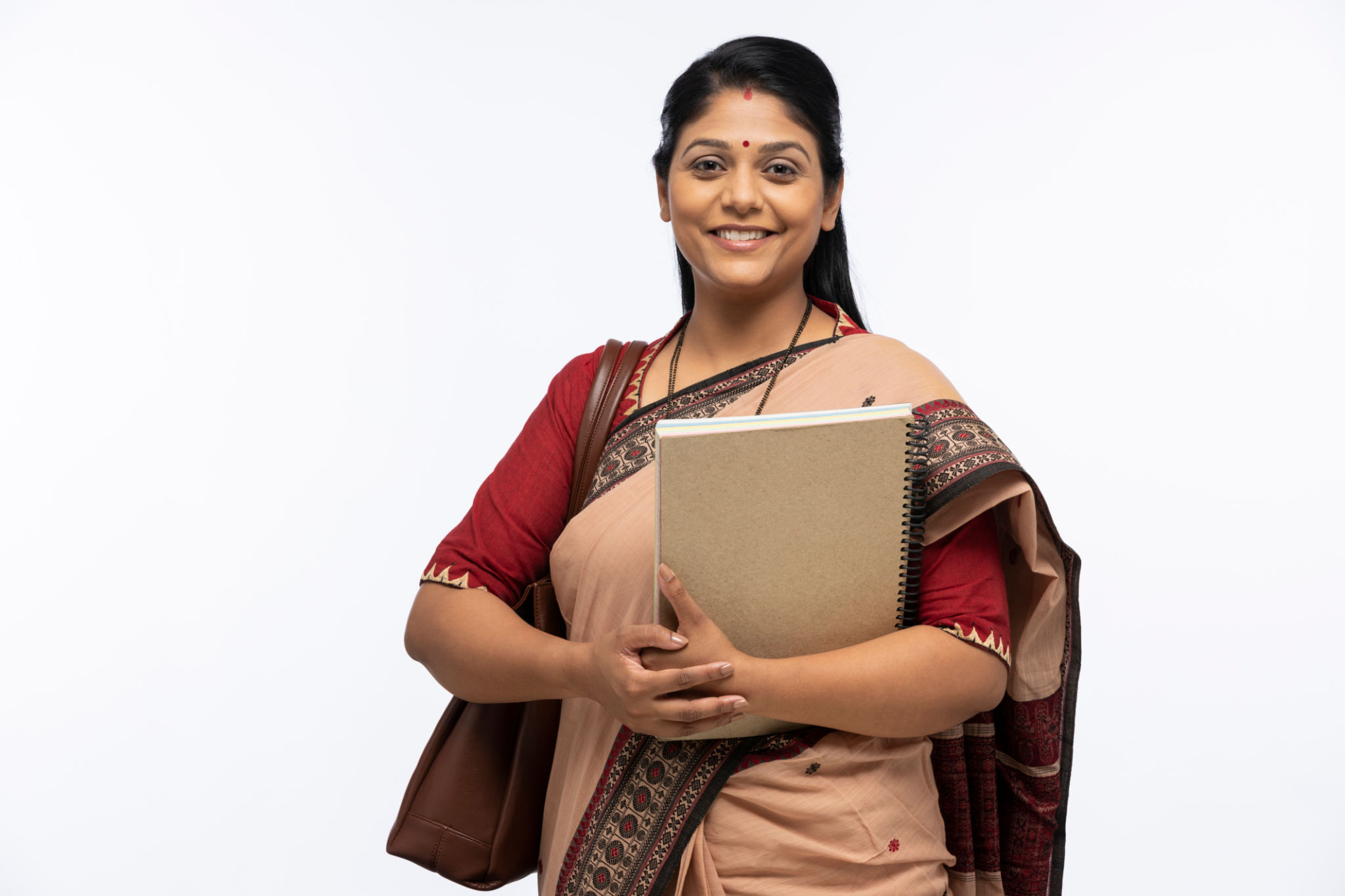A Comprehensive Guide to Women's Rights Advocacy in India
Understanding the Landscape of Women's Rights in India
India, a nation with a rich cultural tapestry, has made significant strides in women's rights over the years. Despite these advancements, the journey toward gender equality remains ongoing and complex. Women's rights advocacy in India is a crucial aspect of ensuring that women have equal access to opportunities, protection from discrimination, and empowerment to lead fulfilling lives.
Historically, women in India have faced numerous challenges, from restricted access to education and healthcare to barriers in political participation and economic independence. Recognizing these hurdles is the first step toward effective advocacy. Understanding the cultural and social context is crucial for making meaningful progress.

The Role of Legislation in Promoting Women's Rights
Legislation has played a pivotal role in advancing women's rights in India. The Indian Constitution guarantees equality to all citizens, but specific laws have been enacted to address women's issues. Key legislations include the Protection of Women from Domestic Violence Act (2005), the Sexual Harassment of Women at Workplace (Prevention, Prohibition and Redressal) Act (2013), and amendments to the Maternity Benefit Act.
These laws aim to provide a safer and more equitable environment for women. However, enforcing these laws remains a challenge due to social stigma and lack of awareness. Advocates work tirelessly to ensure these laws are implemented effectively and that women are aware of their rights.

Grassroots Movements and Their Impact
Grassroots movements have been instrumental in driving change from the bottom up. Organizations across India work at the community level to empower women through education, skill development, and awareness programs. These movements often engage local leaders and communities to change perceptions and break down gender stereotypes.
One notable example is the Self Employed Women’s Association (SEWA), which has been empowering women through self-help groups and providing them with financial independence. Such initiatives have ripple effects, improving not only the lives of individual women but also their families and communities.

Challenges Faced by Advocates
Despite positive changes, advocates face several challenges in promoting women's rights in India. These include deep-rooted patriarchy, cultural resistance to change, and inadequate resources. Additionally, rural areas often lack access to basic services, which exacerbates gender inequality.
Moreover, advocates often navigate a complex legal system that can be slow and inefficient. Corruption and lack of accountability further hinder progress. Addressing these systemic issues requires sustained effort and collaboration among various stakeholders.
International Influence and Support
International organizations play a significant role in supporting women's rights advocacy in India. Partnerships with global entities provide resources, expertise, and visibility to local efforts. Organizations like UN Women and Amnesty International work alongside Indian NGOs to promote gender equality and protect human rights.
This international support not only brings attention to critical issues but also helps implement successful strategies from other regions. Sharing knowledge and resources ensures that Indian advocates are equipped with the tools they need to effect change.

The Path Forward
The path forward for women's rights advocacy in India is one of hope and determination. Continued collaboration between government bodies, NGOs, international organizations, and communities is essential for sustaining progress. Empowering women through education and economic opportunities remains a priority.
As awareness grows and more individuals join the cause, the movement for gender equality in India strengthens. By addressing both immediate needs and long-term structural changes, advocates work toward a future where women can live free from discrimination and violence.
The journey is far from over, but with persistent effort and unified action, a more equitable India is within reach. Women's rights advocacy is not just about addressing the present challenges but also about ensuring that future generations inherit a society where gender equality is the norm.